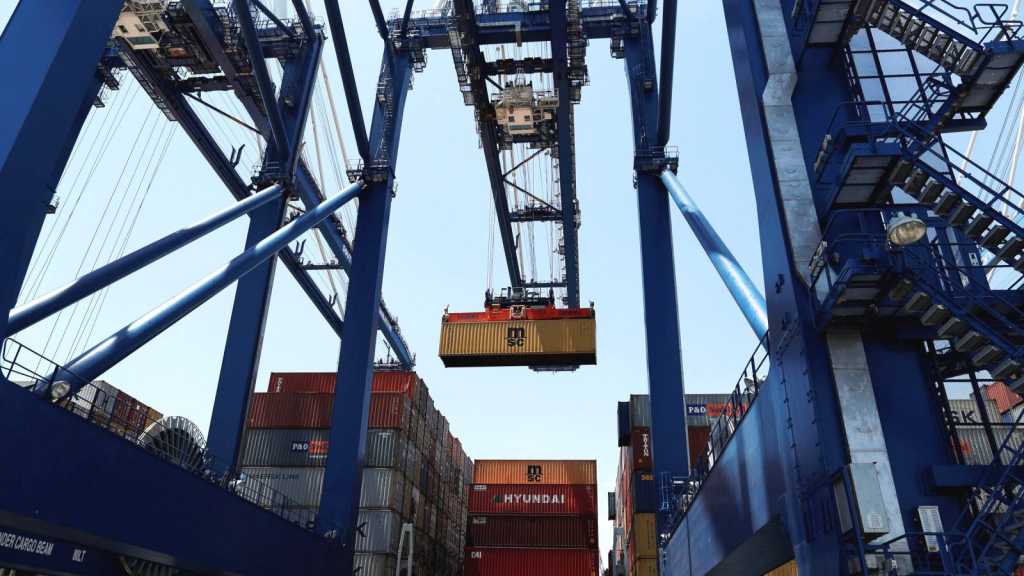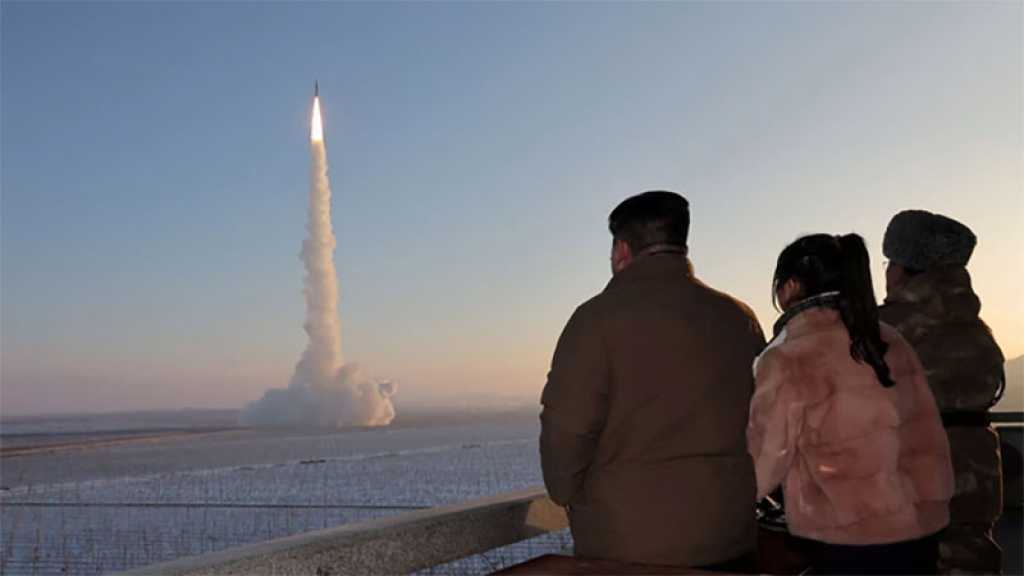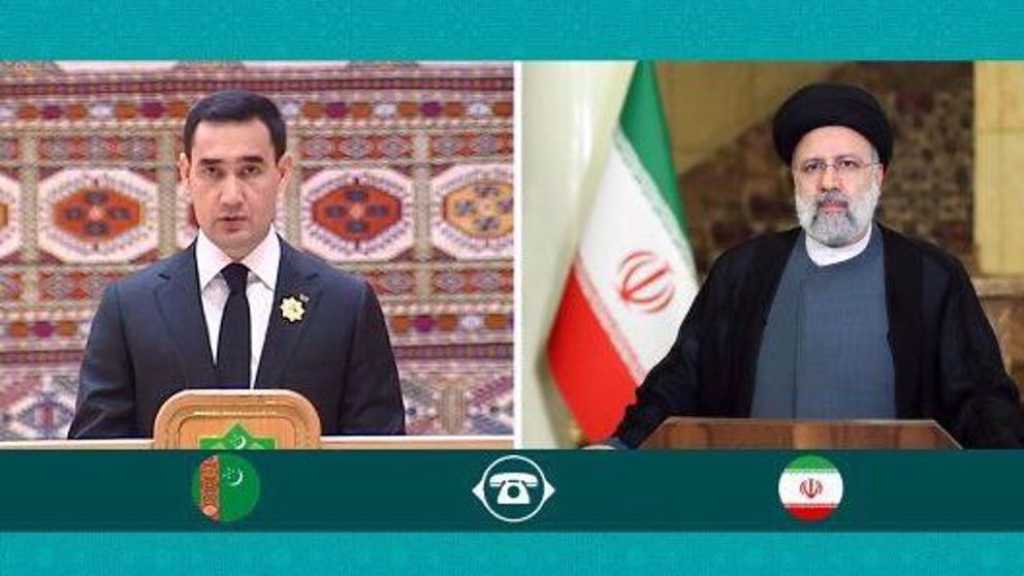
India to Impose Increased Tariffs on US Import Goods

Local Editor
Indian authorities decided in June to increase import levy from August 4 on some US goods, including almonds, walnuts and apples, however, the move was later delayed. On Saturday, New Delhi said that new tariffs against products imported from the United States will go into force on September 18, Reuters reported.
Trade row between Washington and New Delhi has been emerging since US President Donald Trump took his office. According to Reuters, bilateral trade rose to $115 billion in 2016. However, Trump administration reportedly seeks to reduce its $31 billion trade deficit with India and is pressing New Delhi to ease trade barriers.
In late March, the United States imposed 25-percent and 10-percent tariffs on imported steel and aluminum, respectively. According to US President Donald Trump, the tariffs will be in place for a long time.
India has filed a complaint with the World Trade Organization (WTO) against the US tariffs on imported steel and aluminum, and requested that the issue be addressed in dispute consultations within the organization.
According to the WTO, India argues that the US imposed duties are not in line with the organization's General Agreement on Tariffs and Trade (GATT) of 1994.
In turn, the United States filed a counter notification with the World Trade Organization (WTO) about India's distortive market price support for wheat and rice.
However, The United States has relaxed in July export controls of high technology product sales for India.
"We have granted to India Strategic Trade Authorization status STA1, that’s a very important change in their status under our export control regime," US Commerce Secretary Wilbur Ross said earlier. "It authorizes export, re-export and in-country transfer of specific items to destinations that the United States regards as low risk. Currently, 36 countries, mostly all the NATO countries, have this status, it’s a very elevated states from an export control point of view."
US President Donald Trump's steep tariffs on steel and aluminum imports triggered a wave of trade disputes, some of which have already been dubbed as trade wars, with a number of key US trade partners.
The parties have been for months exchanging threats to impose bilateral import duties. China, India, the European Union, Canada, Mexico, Norway and Russia initiated disputes within the World Trade Organization against the US restrictive measures.
Source: News Agencies, Edited by website team



